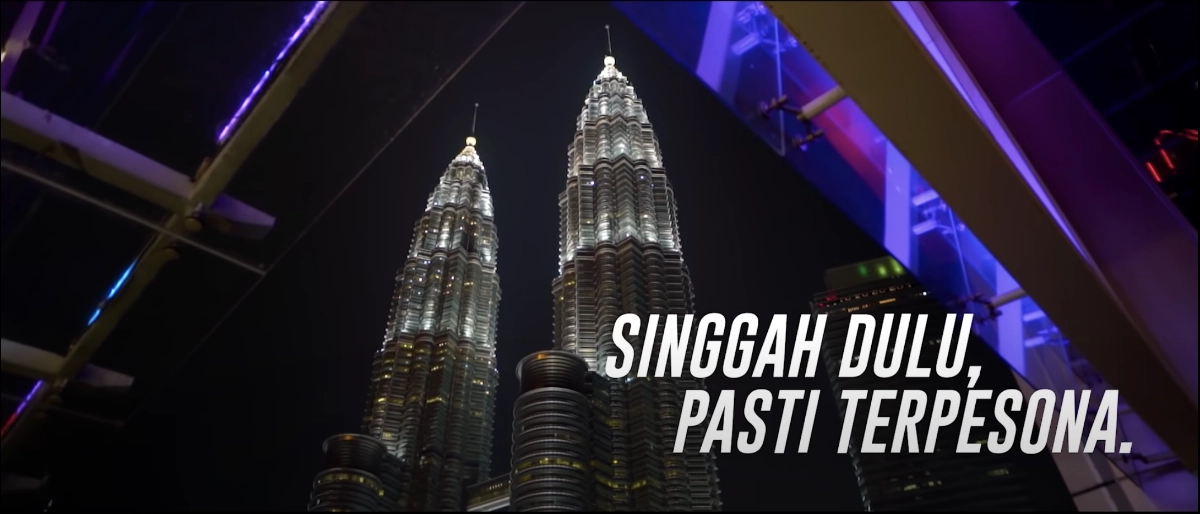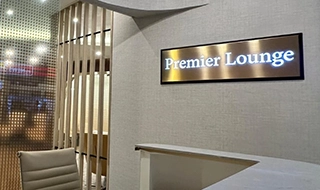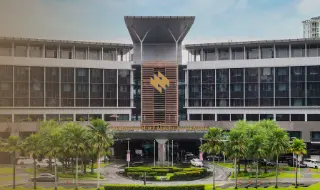About Malaysia
To know Malaysia is to love Malaysia - a bubbling, bustling melting-pot of races and religions where Malays, Indians, Chinese and many other ethnic groups live together in peace and harmony. Our multiculturalism has made Malaysia a gastronomical paradise and home to hundreds of colourful festivals. It's no wonder that we love celebrating and socialising. As a people, Malaysians are very relaxed, warm and friendly.
Geographically, Malaysia is almost as diverse as its culture. 11 states and 2 federal territories (Kuala Lumpur and Putrajaya) form Peninsular Malaysia which is separated by the South China Sea from East Malaysia which includes the 2 states (Sabah and Sarawak on the island of Borneo) and a third federal territory, the island of Labuan.

One of Malaysia’s key attractions is its extreme contrasts which further add to this theme of ‘diversity’. Towering skyscrapers look down upon wooden houses built on stilts while five-star hotels sit just metres away from ancient reefs.
Rugged mountains reach dramatically for the sky while their rainforest clad slopes sweep down to floodplains teeming with forest life. Cool highland hideaways roll down to warm, sandy beaches and rich, humid mangroves. For the perfect holiday full of surprises, the time is now, the place is Malaysia.
*Further information on the country can also be obtained from the Malaysian government’s official portal, www.malaysia.gov.my.
Passport / Visa / Travel Documents
Visitors to Malaysia must hold a valid passport or travel document with a minimum validity of six months beyond the intended visiting period. Immigration and customs checkpoints are situated at all air, sea, road and rail entry points.
Every visitor to Malaysia has to fill in a Disembarkation Card (IMM. 26). The card has to be handed over to the Immigration Officer on arrival together with the national passport or other internationally recognized travel document endorsed for travel into Malaysia. A passport/travel document is also necessary for travel between Sabah and Sarawak.
Visitor passes issued for entry into Peninsular Malaysia are not valid for entry into Sarawak.
Fresh visit passes must be obtained on arrival at the point of entry in Sarawak. However, subject to conditions stipulated, visit passes issued by the Immigration Authorities in Sabah and Sarawak are valid for any part of Malaysia.
Free Visa
Commonwealth Citizens (except Bangladesh/India, Pakistan and Sri Lanka), British Protected Persons or Citizens of the Republic of Ireland and Citizens of Switzerland, Netherlands, San Marino and Liechtenstein.
Free Visa For Social & Business Visit Not Exceeding Three Months
Citizens of Albania, Austria, Algeria, Belgium, Czech Republic, Republic of Slovakia, Denmark, Finland, Germany, Hungary, Iceland, Japan, South Korea, Luxembourg, Norway, Sweden, Italy, United States of America, Bahrin, Jordan, Kuwait, Lebanon, Egypt, Morocco, North Yemen, Oman, Saudi Arabia,Qatar United Arab Emirates, Turkey and Tunisia
Do’s and Don’ts
Malaysia is generally a laid back and relaxed place. However, we do have our own customs and visitors should try to observe these practices when they arrive. Some common courtesies and customs are as follows:
- Although handshakes are generally acceptable for both men and women, some Muslim ladies may acknowledge introductions to gentlemen by merely nodding and smiling. A handshake should only be initiated by ladies. The traditional greeting or salam resembles a handshake with both hands but without the grasp. The man offers both hands, lightly touches his friend’s outstretched hands, and then brings his hands to his chest to mean, “I greet you from my heart”. The visitor should reciprocate the salam .
- It is polite to call before visiting a home.
- Shoes must always be removed when entering a Malaysian home.
- Drinks are generally offered to guests. It is polite to accept.
- The right hand is always used when eating with one’s hand or giving and receiving objects.
- The right forefinger is not used to point at places, objects or persons. Instead, the thumb of the right hand with four fingers folded under is the preferred usage.
- Shoes must be removed when entering places of worship such as mosques and temples. Some mosques provide robes and scarves for female visitors. Taking photographs at places of worship is usually permitted but always ask permission beforehand.
- Toasting is not a common practice in Malaysia. The country’s large Muslim population does not drink alcohol.
People
Having had an interesting past and being a part of the international spice route many hundreds of years ago, Malaysia has turned into a mosaic of cultures. Everything from its people to its architecture reflect a colourful heritage and an amalgamated culture. To understand Malaysian culture, you must first get to know its people.
Malays, Chinese, Indians and many other ethnic groups have lived together in Malaysia for generations. All these cultures have influenced each other, creating a truly Malaysian culture.
Source and more information: www.malaysia.travel

















